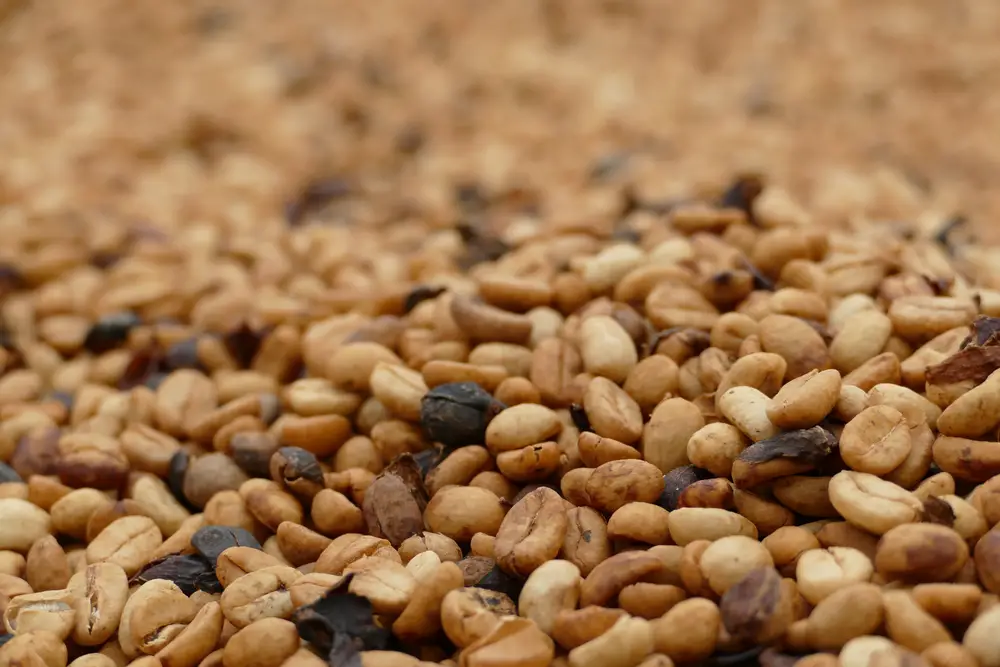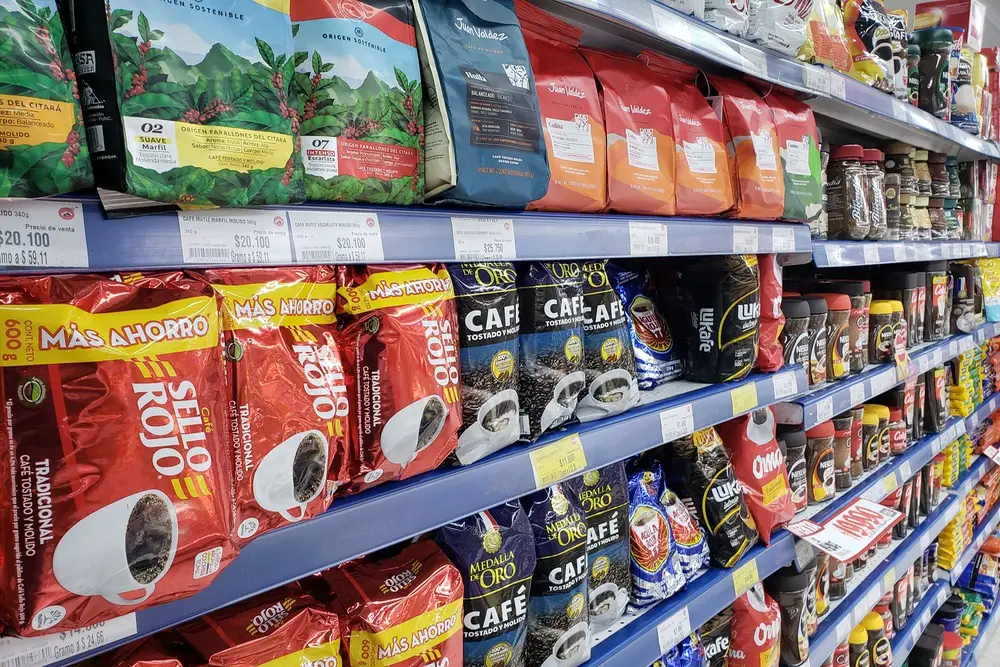Pollution is one of humanity’s major problems and clothing waste is reaching unbelievable proportions. Clothing made from coffee waste offers an approach to more sustainable practices.
Table of Contents
Environmental pollution in textile manufacturing
According to studies by the UN program for trade and development UNCTAD (United Nations Conference on Trade and Development), an estimated 93,000 million cubic meters of water are used annually for the various manufacturing processes in the textile industry. The same study shows that the same amount of water could meet the needs of at least five million people.
This is just one of the many production steps that produce negative effects.
Reuse of coffee for textile purposes
There are currently two brands around the world that are pioneering the development of textiles based on coffee waste or other recycled materials, namely the following:
SingTex – S.Cafe
The main idea for the creation of S.Cafe was born in 2005 in a cafe between jokes. Jason Chen decided to start an investigation into using coffee as a textile material, which finally yielded results in 2009 and he founded S.Cafe to create textile material from recycled products.
Taiwanese company Singtex ‘s coffee reuse is based on the collection of coffee grounds (coffee brewing leftovers) from coffee chains like Starbucks. You give the coffee grounds a second life, creating a product that can be composted at the end of its life cycle.
The process of reusing coffee:
- Production of polyester from recycled PET bottles.
- Coffee grounds are mixed with the polyester to make coffee yarns.
- Finally, the yarns are used to make fabrics, and finally, they are used to make clothes.
According to the brand, “there is no need to waste time and resources producing the raw material because coffee is always being consumed and therefore there is always coffee grounds that can be collected and recycled”.
Ecoalf
ECOALF was founded in 2009 by Javier Goyeneche, who wanted to end the ruthless use of natural resources. Javier’s mission was to create a first generation of recycled products that would rival the best non-recycled products on the market in terms of quality and design.
Among the products offered by Ecoalf , the use of plastic bottles, discarded fishing nets and recycled tires stand out.
Its manufacturing process is based on the following points:
- The coffee grounds are collected in various cafes.
- The coffee grounds are pressed and dried.
- The coffee powder is converted into pellets (a solid biomass made up of very small cylinders).
- They are separated from the oil, which is also used for a second time.
- Finally, the granules are mixed with the granules obtained from PET bottles.
When the product is ready, the yarn obtained contains all the properties that coffee gives it, without resorting to chemicals.
Less pollution
Fabrics made from coffee are a sustainable alternative compared to cotton, as cotton requires intensive irrigation and it is estimated that a single cotton blouse requires up to 2,700 liters of water. In contrast, the coffee grounds are free and the plastic bottles are also free and recycled, making this alternative less polluting than its non-recycled counterparts.
Colombia against climate change
The National Federation of Coffee Growers (FNC) was interested in this alternative offered by S.Café and contacted S.Café founder Jason Chen . Thanks to the FNC, a cluster (a group of companies strategically supporting each other to achieve mutual benefits) of national and international companies was formed and thanks to this Singtex was able to train this cluster in this new technology.
Up to 25 tons of coffee waste was burned every day in Colombia back then, but with the knowledge Singtex provided, they are able to extract the coffee oil and use the solids to make textiles.
Juan Valdez is part of the change
In 2014, Juan Valdez Café-Shops launched a collection of sports shirts made from coffee waste with the knowledge of Singtex . This new line of shirts was born from textile fibers made from waste from the production of 100% Colombian soluble coffee, the final fabric was designed and manufactured by Lafayette, a manufacturer of national polyester yarns and fabrics.
These t-shirts are high-performance garments with enhanced features that take advantage of the qualities of coffee and will be marketed on the Colombian market under the Juan Valdez brand.
Creditable Mentions
S.Café has 110 customers, among which stand out international brands such as:
- Patagonia
- North face
- Woodland
- REI
- Adidas
- American Eagle
Benefits of coffee as a textile material
With the information obtained from the research carried out by S.Café , the company offers a total of 7 textile fibers, all obtained from coffee grounds, namely:
- Technical fiber known as P4DRY
- Synthetic fiber imitating cotton known as mylith
- Sustainable biofoam known as Airnest
- Fibers made from recycled plastic bottles and coffee grounds, known as Eco Sy
- Fibers made from coffee grounds and biodegradable pulp known as sefía
- High tenacity technical fiber known as AEx technology
- Waterproof fiber known as Airmem . The latter is made from a 25% oil membrane obtained from used coffee.
All of the above textiles contain the properties of coffee and are therefore deodorant and UV resistant fibers.
The Taiwanese company explains the properties of this fiber as follows:
The main purpose of developing these new textiles is to create a circular economy based on recycled PET bottles and coffee grounds. Research carried out over four years has shown that these textiles have deodorizing properties, dry quickly and are UV resistant.
Finally, these new textiles offer added value as they do not compromise the quality of the dye, do not use solvents in their manufacture, and do not require a high-temperature carbonization process, as is the case with their non-recycled counterparts.



